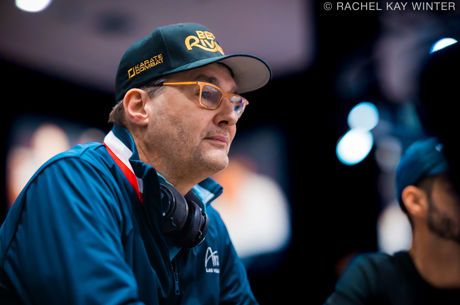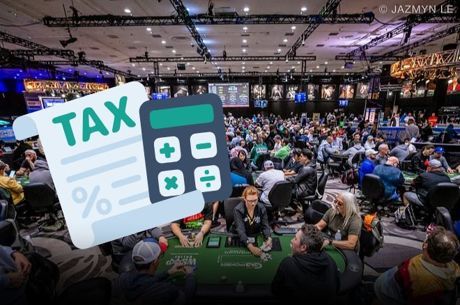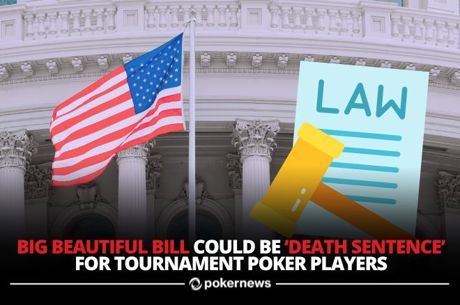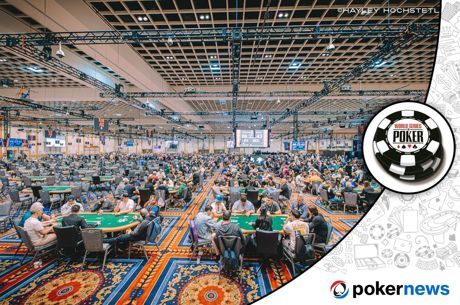Bipartisan Tax Fairness and Simplification Act to Regulate Internet Gambling?

For the first time, legislation to license and regulate Internet gambling has been tied to a bill with larger implications.
The Bipartisan Tax Fairness and Simplification Act introduced Tuesday by Sen. Ron Wyden (D-Ore.) and Judd Gregg (R-NH) is being advertised as a bill that would simplify and reform the U.S. tax code. To pay for the tax cuts to businesses and middle-class citizens outlined in the bill, there is a provision to license, regulate and tax the Internet gambling industry using the terms outlined in the Internet Gambling Regulation, Consumer Protection and Enforcement Act introduced by Rep. Barney Frank (D-Mass.) in the House.
"For Internet gambling regulation to get approved, it very well could be in a bill like this where it is used to offset the cost for another government program," said Michael Waxman, spokesman for the Safe and Secure Internet Gambling Initiative. "I don't think it hurts us that Internet gambling is not front and center as the main focus of this bill. It would be great for other senators and members of Congress to build regulation and new revenue collection into other pieces of legislation with the hope that one of these bills would pass and ultimately be approved."
Wyden had previously attempted to add an Internet gambling amendment to a health care bill last year but backed off when the idea wasn't well received. It remains to be seen how much support the main tax code changes in the bill will generate in the Senate.
It is encouraging that the bill was introduced by a member of each party, though Gregg isn't considered a conservative Republican.
"A Democrat and Republican coming together sends a powerful message and should draw immediate attention from their colleagues and all interested in this issue," Waxman said.
Even if this bill doesn't gain momentum, it sets a precedent for Internet gambling legislation to be attached to other interests. Remember, the way the Unlawful Internet Gambling Enforcement Act got through the Senate in 2006 was to be attached to the Safe Port Act.
If legislation to license and regulate Internet gambling can continue to be attached to other bills as a way to generate the revenue needed for a larger plan, it only takes one successful vehicle for online poker to gain official legalization in the U.S.
"This could perhaps be a sign of things to come," said John Pappas, executive director of the Poker Players Alliance. "I wouldn't be surprised to see Internet gambling legislation popping up in other places as a pay-in for other areas."
We'll be following this closely. For up-to-the-minute news, follow us on Twitter.









